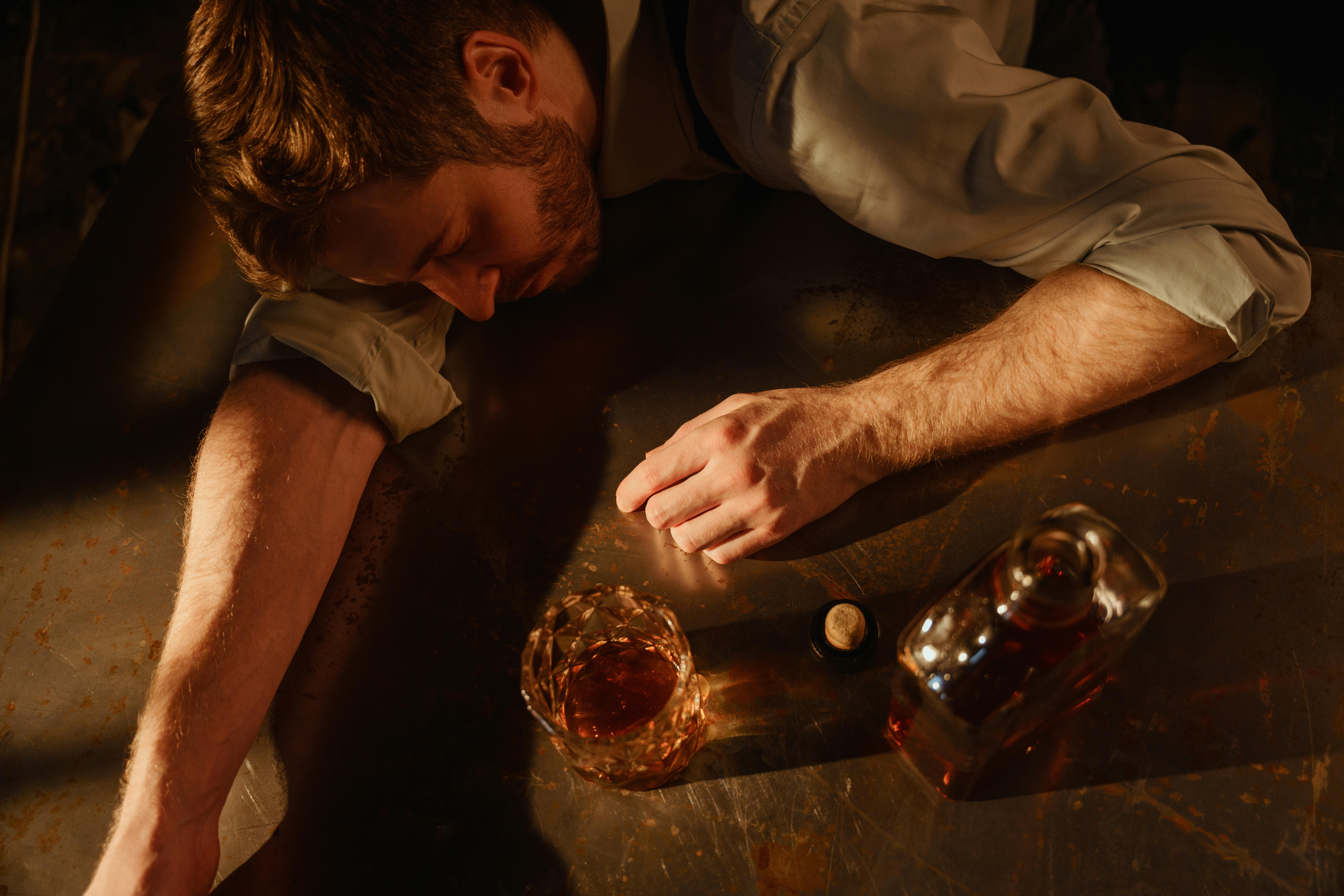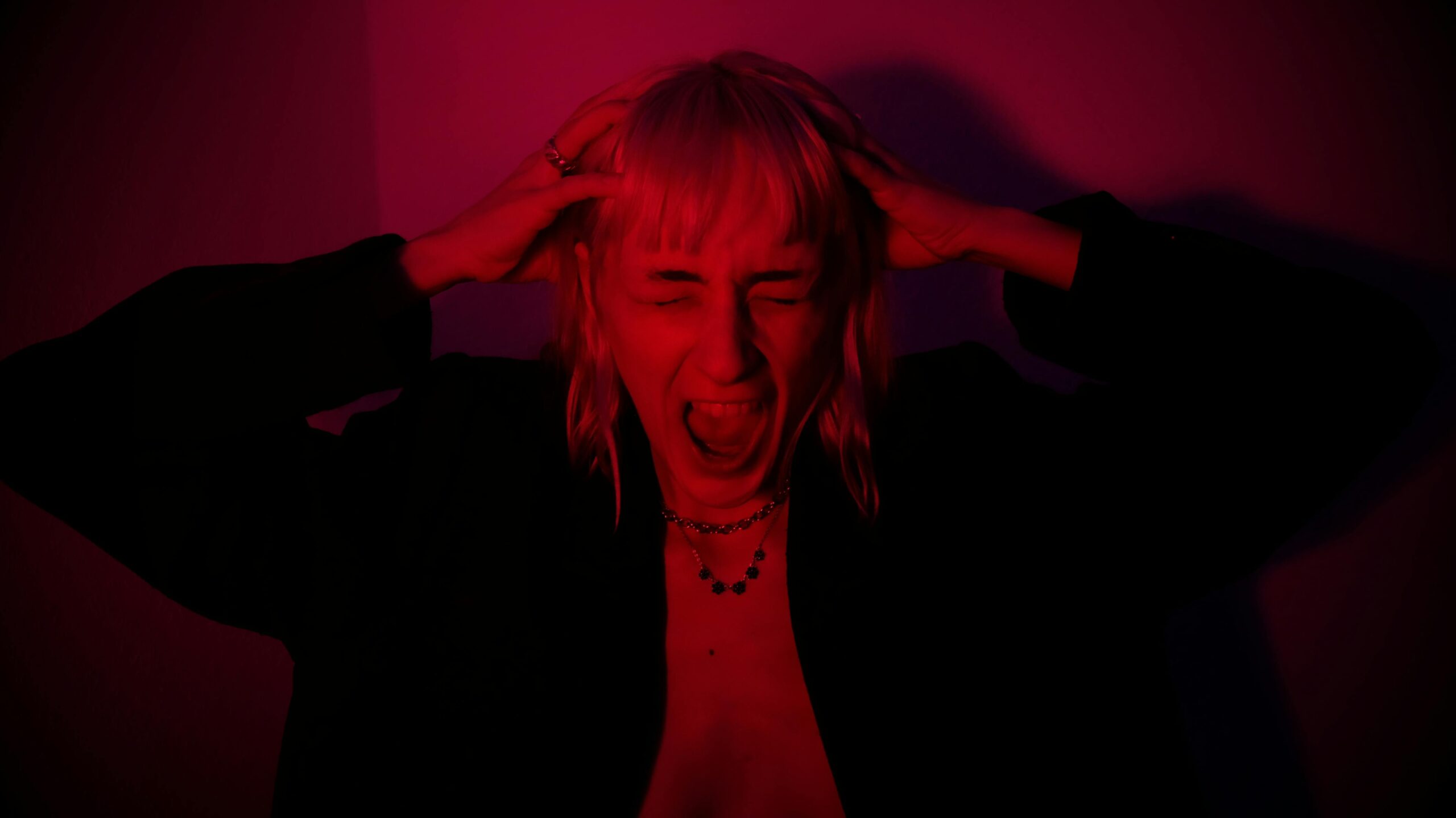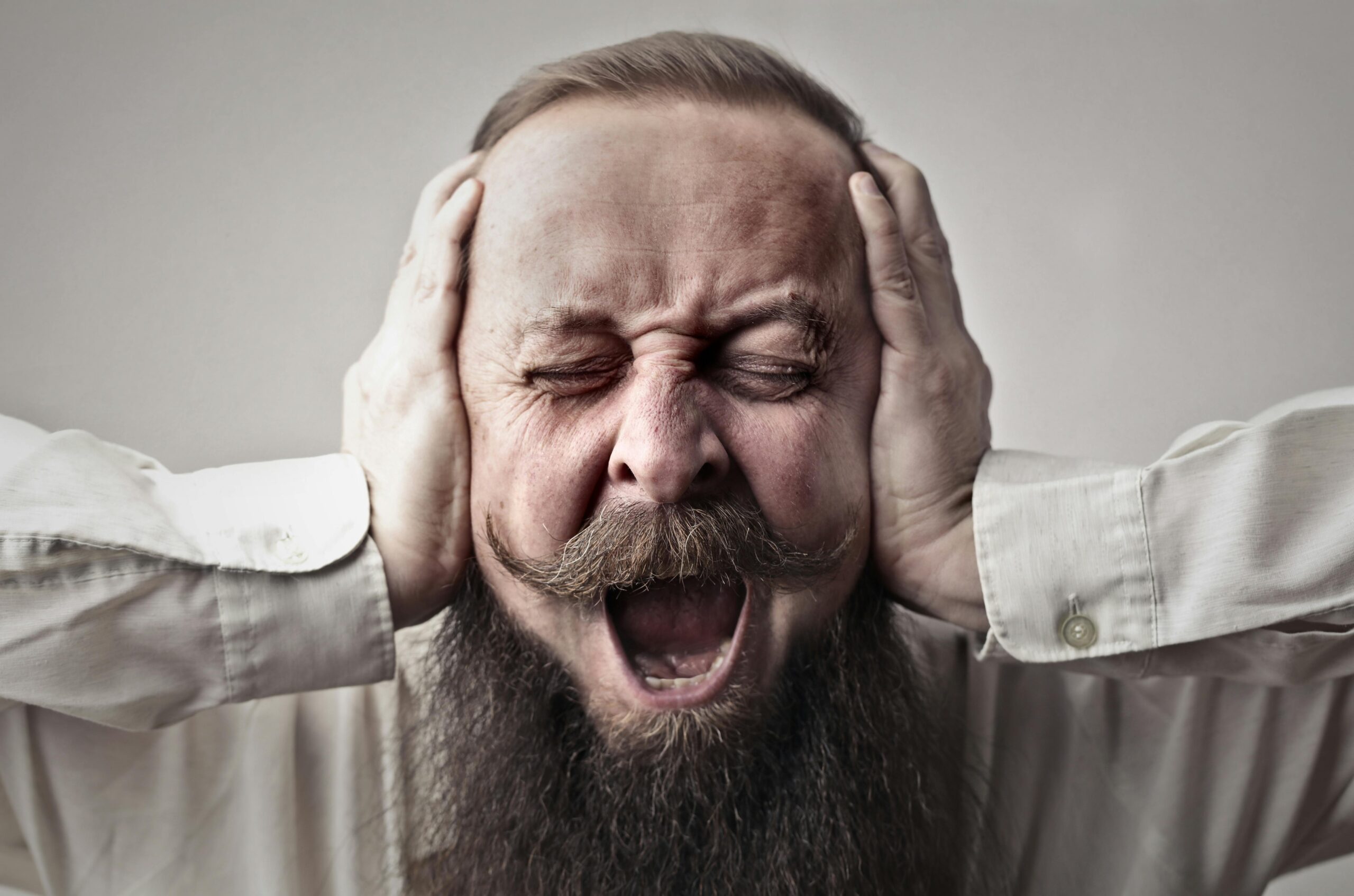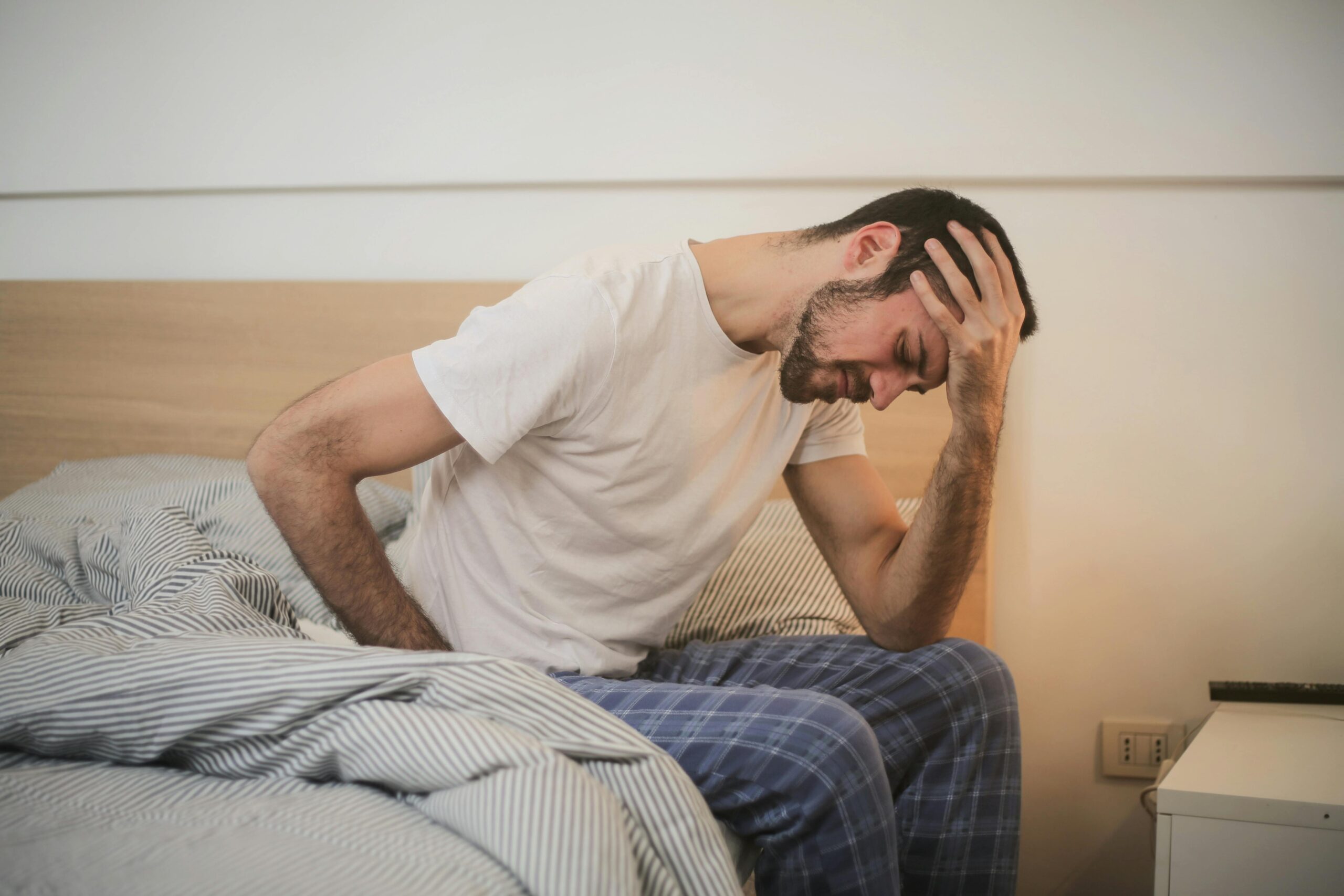Skip to contenttherapy, pain, panic, breathing, stress, adrenaline, fatigue, shortness of breath, fear, substance abuse, sleep, coping, heart rate, worry, perspiration, dizziness, nausea, brain, addiction, medication, mood, hormone, nervous system, phobia, muscle, relaxation technique, behavior, agoraphobia, lightheadedness, attention, emotion, patient, headache, hyperventilation, treatment center, aftermath, angina, chills, stomach, energy, research, mind, stress management, dissociation, feeling, stress hormone, oxygen, eating, alertness, irritability, nutrition, blood pressure, endorphins, sense of impending doom, distress, antidepressant, weakness, american psychological association, abdomen, diaphragmatic breathing, choking, nutrient, confidence, anger, health care, pressure, sleep hygiene, fog, seasonal affective disorder, quality of life, hangover, meditation, hangxiety, dehydration, gaba, diet, physiology, central nervous system, neurotransmitter, psychological stress, memory, drug, sugar, muscle contraction, vitamin, anger management, sympathetic nervous system, risk, sleep deprivation, serotonin, benzodiazepine, codependency, relaxation, guided imagery, depressant, american addiction centers, health professional, receptor, binge drinking, stimulant, palpitations, cognition, shame, liquor, liver, progressive muscle relaxation, drinking water, chemical reaction, blood alcohol content, physician, parasympathetic nervous system, drinking alcohol, heavy drinking, alcohol withdrawal, treatment, alcohol misuse, paranoia, standard drink, primary care
Frequently Asked Questions
How to recover from a panic attack hangover?
Recovering from a panic attack hangover involves practicing deep breathing, staying hydrated, and engaging in calming activities like meditation or light exercise. It's also beneficial to seek support from friends or professionals if anxiety persists.
What is a panic attack hangover?
A panic attack hangover refers to the anxiety and panic symptoms that can occur after heavy drinking, often exacerbated by the physical effects of a hangover. This experience can include heightened feelings of dread, rapid heartbeat, and difficulty concentrating.
How long does a panic attack hangover last?
The duration of a panic attack hangover can vary, typically lasting anywhere from a few hours to a couple of days, depending on individual factors such as stress levels, overall health, and the amount of alcohol consumed.
How to cope with panic attack hangover?
Coping with a panic attack hangover involves recognizing the symptoms, practicing deep breathing exercises, staying hydrated, and engaging in calming activities. Seeking professional help is also crucial if anxiety persists.
What triggers a panic attack hangover?
Panic attack hangovers are triggered by several factors, including dehydration, withdrawal from alcohol, and heightened anxiety levels. These elements can lead to increased heart rate and stress responses, which may provoke panic attacks following heavy drinking.
Can hydration help a panic attack hangover?
Hydration can help alleviate symptoms of a panic attack hangover. Drinking water may reduce dehydration and its associated anxiety, promoting overall well-being and potentially easing the intensity of panic attacks following heavy alcohol consumption.
How does sleep affect panic attack recovery?
Sleep plays a crucial role in panic attack recovery. Adequate rest helps regulate mood, reduces anxiety, and supports overall mental health, making it easier to manage panic symptoms and recover effectively.
What symptoms indicate a panic attack hangover?
Symptoms that indicate a panic attack hangover include rapid heartbeat, sweating, dizziness, feelings of unreality, and intense anxiety. These symptoms can arise after heavy drinking and may be exacerbated by dehydration and withdrawal effects.
Are there foods that alleviate panic attack symptoms?
Certain foods can help alleviate panic attack symptoms by stabilizing blood sugar levels and promoting relaxation. Incorporating whole grains, leafy greens, fatty fish rich in omega-3s, and herbal teas may support anxiety management and overall mental health.
Is medication effective for a panic attack hangover?
Medication can be effective for managing panic attack symptoms that occur after heavy drinking. However, it's essential to consult a healthcare professional to determine the best treatment approach tailored to individual needs.
How can mindfulness reduce panic attack effects?
Mindfulness can significantly reduce the effects of panic attacks by promoting awareness of the present moment, helping individuals detach from overwhelming thoughts and physical sensations. This practice fosters a calm state of mind, making it easier to manage anxiety during episodes.
What breathing techniques are best for recovery?
The best breathing techniques for recovery include deep diaphragmatic breathing, box breathing, and 4-7-8 breathing. These methods help reduce anxiety, promote relaxation, and enhance overall emotional well-being, making them effective for managing stress and aiding recovery.
Does caffeine worsen panic attack hangovers?
Caffeine can worsen panic attack hangovers by increasing anxiety and heart rate, which may amplify feelings of panic. It's advisable to limit caffeine intake during this time to help manage symptoms effectively.
Can exercise help with anxiety after drinking?
Exercise can help alleviate anxiety after drinking. Physical activity releases endorphins, which can improve mood and reduce stress, making it a beneficial strategy for managing anxiety related to hangovers.
How to distinguish between hangover and anxiety?
Distinguishing between a hangover and anxiety involves recognizing specific symptoms. A hangover typically includes physical symptoms like headache and nausea, while anxiety often presents with excessive worry, racing thoughts, and restlessness.
Are herbal remedies useful for panic attack relief?
Herbal remedies can be useful for panic attack relief, as some herbs, like chamomile and valerian root, may help reduce anxiety symptoms. However, it's important to consult a healthcare professional before using them, especially if you have underlying health conditions.
What lifestyle changes prevent panic attack hangovers?
Lifestyle changes that can prevent panic attack hangovers include reducing alcohol consumption, staying hydrated, maintaining a balanced diet, practicing regular exercise, and incorporating stress management techniques such as mindfulness or meditation.
How to talk to friends about panic attacks?
Talking to friends about panic attacks involves sharing your experiences openly and honestly. Explain how panic attacks affect you, encourage questions, and emphasize that their support is important for your mental health.
What role does therapy play in recovery?
The role of therapy in recovery is crucial as it provides adolescents with coping strategies, emotional support, and a safe space to explore underlying issues related to mental health challenges, including those exacerbated by alcohol use.
Is journaling beneficial post-panic attack experience?
Journaling can be beneficial after a panic attack experience as it helps individuals process their emotions, identify triggers, and develop coping strategies. This reflective practice promotes self-awareness and can aid in reducing anxiety over time.
How to recognize when seeking help is necessary?
Recognizing when seeking help is necessary involves identifying persistent feelings of anxiety, overwhelming sadness, or difficulty coping with daily life. If these feelings interfere with your relationships or responsibilities, it’s essential to reach out for professional support.
What calming rituals can aid in recovery?
Calming rituals that can aid in recovery include deep breathing exercises, mindfulness meditation, and gentle yoga. These practices help reduce anxiety, promote relaxation, and support emotional well-being during the recovery process.
Are panic attack hangovers common after drinking?
Panic attack hangovers are relatively common after drinking. Many individuals experience heightened anxiety and panic symptoms following heavy alcohol consumption, often due to dehydration, disrupted sleep, and the effects of alcohol on brain chemistry.
What long-term effects can panic attack hangovers have?
The long-term effects of panic attack hangovers can include persistent anxiety, increased sensitivity to stress, and a heightened risk of developing anxiety disorders. These episodes may also lead to avoidance behaviors that impact social and daily functioning.
How does anxiety manifest the day after drinking?
Anxiety manifests the day after drinking through symptoms such as heightened nervousness, irritability, racing thoughts, and physical sensations like increased heart rate or sweating. These feelings can be exacerbated by dehydration and disrupted sleep patterns.
Can certain triggers be avoided in social settings?
Certain triggers can often be avoided in social settings by planning ahead. This may include choosing environments with less alcohol, communicating your needs to friends, or having an exit strategy if you start to feel anxious.
What resources are available for panic attack support?
Resources available for panic attack support include mental health hotlines, therapy services, support groups, and online resources such as articles and forums. Seeking guidance from a healthcare professional can also provide tailored strategies for managing panic attacks effectively.
How to create a panic attack recovery plan?
Creating a panic attack recovery plan involves identifying triggers, developing coping strategies like deep breathing or grounding techniques, and establishing a support network. Regular self-reflection and professional guidance can also enhance your recovery journey.
Is peer support important in managing panic attacks?
Peer support is important in managing panic attacks as it provides individuals with understanding, shared experiences, and coping strategies, fostering a sense of belonging and reducing feelings of isolation during challenging times.
What are signs of improving after experiencing panic attacks?
Signs of improving after experiencing panic attacks include reduced frequency and intensity of attacks, increased ability to manage anxiety, improved coping strategies, and a greater sense of control over thoughts and emotions.
post panic attack symptoms, panic attack after drinking, panic attack hangover, day after panic attack, alcohol induced panic attack, can alcohol cause panic attacks, panic attack during hangover, hangover panic attack, alcohol and panic attacks, adrenaline hangover, adrenaline hangover symptoms, how to stop panic attacks after drinking
therapy, pain, panic, breathing, stress, adrenaline, fatigue, shortness of breath, fear, substance abuse, sleep, coping, heart rate, worry, perspiration, dizziness, nausea, brain, addiction, medication, mood, hormone, nervous system, phobia, muscle, relaxation technique, behavior, agoraphobia, lightheadedness, attention, emotion, patient, headache, hyperventilation, treatment center, aftermath, angina, chills, stomach, energy, research, mind, stress management, dissociation, feeling, stress hormone, oxygen, eating, alertness, irritability, nutrition, blood pressure, endorphins, sense of impending doom, distress, antidepressant, weakness, american psychological association, abdomen, diaphragmatic breathing, choking, nutrient, confidence, anger, health care, pressure, sleep hygiene, fog, seasonal affective disorder, quality of life, hangover, meditation, hangxiety, dehydration, gaba, diet, physiology, central nervous system, neurotransmitter, psychological stress, memory, drug, sugar, muscle contraction, vitamin, anger management, sympathetic nervous system, risk, sleep deprivation, serotonin, benzodiazepine, codependency, relaxation, guided imagery, depressant, american addiction centers, health professional, receptor, binge drinking, stimulant, palpitations, cognition, shame, liquor, liver, progressive muscle relaxation, drinking water, chemical reaction, blood alcohol content, physician, parasympathetic nervous system, drinking alcohol, heavy drinking, alcohol withdrawal, treatment, alcohol misuse, paranoia, standard drink, primary care
Frequently Asked Questions
How to recover from a panic attack hangover?
Recovering from a panic attack hangover involves practicing deep breathing, staying hydrated, and engaging in calming activities like meditation or light exercise. It's also beneficial to seek support from friends or professionals if anxiety persists.
What is a panic attack hangover?
A panic attack hangover refers to the anxiety and panic symptoms that can occur after heavy drinking, often exacerbated by the physical effects of a hangover. This experience can include heightened feelings of dread, rapid heartbeat, and difficulty concentrating.
How long does a panic attack hangover last?
The duration of a panic attack hangover can vary, typically lasting anywhere from a few hours to a couple of days, depending on individual factors such as stress levels, overall health, and the amount of alcohol consumed.
How to cope with panic attack hangover?
Coping with a panic attack hangover involves recognizing the symptoms, practicing deep breathing exercises, staying hydrated, and engaging in calming activities. Seeking professional help is also crucial if anxiety persists.
What triggers a panic attack hangover?
Panic attack hangovers are triggered by several factors, including dehydration, withdrawal from alcohol, and heightened anxiety levels. These elements can lead to increased heart rate and stress responses, which may provoke panic attacks following heavy drinking.
Can hydration help a panic attack hangover?
Hydration can help alleviate symptoms of a panic attack hangover. Drinking water may reduce dehydration and its associated anxiety, promoting overall well-being and potentially easing the intensity of panic attacks following heavy alcohol consumption.
How does sleep affect panic attack recovery?
Sleep plays a crucial role in panic attack recovery. Adequate rest helps regulate mood, reduces anxiety, and supports overall mental health, making it easier to manage panic symptoms and recover effectively.
What symptoms indicate a panic attack hangover?
Symptoms that indicate a panic attack hangover include rapid heartbeat, sweating, dizziness, feelings of unreality, and intense anxiety. These symptoms can arise after heavy drinking and may be exacerbated by dehydration and withdrawal effects.
Are there foods that alleviate panic attack symptoms?
Certain foods can help alleviate panic attack symptoms by stabilizing blood sugar levels and promoting relaxation. Incorporating whole grains, leafy greens, fatty fish rich in omega-3s, and herbal teas may support anxiety management and overall mental health.
Is medication effective for a panic attack hangover?
Medication can be effective for managing panic attack symptoms that occur after heavy drinking. However, it's essential to consult a healthcare professional to determine the best treatment approach tailored to individual needs.
How can mindfulness reduce panic attack effects?
Mindfulness can significantly reduce the effects of panic attacks by promoting awareness of the present moment, helping individuals detach from overwhelming thoughts and physical sensations. This practice fosters a calm state of mind, making it easier to manage anxiety during episodes.
What breathing techniques are best for recovery?
The best breathing techniques for recovery include deep diaphragmatic breathing, box breathing, and 4-7-8 breathing. These methods help reduce anxiety, promote relaxation, and enhance overall emotional well-being, making them effective for managing stress and aiding recovery.
Does caffeine worsen panic attack hangovers?
Caffeine can worsen panic attack hangovers by increasing anxiety and heart rate, which may amplify feelings of panic. It's advisable to limit caffeine intake during this time to help manage symptoms effectively.
Can exercise help with anxiety after drinking?
Exercise can help alleviate anxiety after drinking. Physical activity releases endorphins, which can improve mood and reduce stress, making it a beneficial strategy for managing anxiety related to hangovers.
How to distinguish between hangover and anxiety?
Distinguishing between a hangover and anxiety involves recognizing specific symptoms. A hangover typically includes physical symptoms like headache and nausea, while anxiety often presents with excessive worry, racing thoughts, and restlessness.
Are herbal remedies useful for panic attack relief?
Herbal remedies can be useful for panic attack relief, as some herbs, like chamomile and valerian root, may help reduce anxiety symptoms. However, it's important to consult a healthcare professional before using them, especially if you have underlying health conditions.
What lifestyle changes prevent panic attack hangovers?
Lifestyle changes that can prevent panic attack hangovers include reducing alcohol consumption, staying hydrated, maintaining a balanced diet, practicing regular exercise, and incorporating stress management techniques such as mindfulness or meditation.
How to talk to friends about panic attacks?
Talking to friends about panic attacks involves sharing your experiences openly and honestly. Explain how panic attacks affect you, encourage questions, and emphasize that their support is important for your mental health.
What role does therapy play in recovery?
The role of therapy in recovery is crucial as it provides adolescents with coping strategies, emotional support, and a safe space to explore underlying issues related to mental health challenges, including those exacerbated by alcohol use.
Is journaling beneficial post-panic attack experience?
Journaling can be beneficial after a panic attack experience as it helps individuals process their emotions, identify triggers, and develop coping strategies. This reflective practice promotes self-awareness and can aid in reducing anxiety over time.
How to recognize when seeking help is necessary?
Recognizing when seeking help is necessary involves identifying persistent feelings of anxiety, overwhelming sadness, or difficulty coping with daily life. If these feelings interfere with your relationships or responsibilities, it’s essential to reach out for professional support.
What calming rituals can aid in recovery?
Calming rituals that can aid in recovery include deep breathing exercises, mindfulness meditation, and gentle yoga. These practices help reduce anxiety, promote relaxation, and support emotional well-being during the recovery process.
Are panic attack hangovers common after drinking?
Panic attack hangovers are relatively common after drinking. Many individuals experience heightened anxiety and panic symptoms following heavy alcohol consumption, often due to dehydration, disrupted sleep, and the effects of alcohol on brain chemistry.
What long-term effects can panic attack hangovers have?
The long-term effects of panic attack hangovers can include persistent anxiety, increased sensitivity to stress, and a heightened risk of developing anxiety disorders. These episodes may also lead to avoidance behaviors that impact social and daily functioning.
How does anxiety manifest the day after drinking?
Anxiety manifests the day after drinking through symptoms such as heightened nervousness, irritability, racing thoughts, and physical sensations like increased heart rate or sweating. These feelings can be exacerbated by dehydration and disrupted sleep patterns.
Can certain triggers be avoided in social settings?
Certain triggers can often be avoided in social settings by planning ahead. This may include choosing environments with less alcohol, communicating your needs to friends, or having an exit strategy if you start to feel anxious.
What resources are available for panic attack support?
Resources available for panic attack support include mental health hotlines, therapy services, support groups, and online resources such as articles and forums. Seeking guidance from a healthcare professional can also provide tailored strategies for managing panic attacks effectively.
How to create a panic attack recovery plan?
Creating a panic attack recovery plan involves identifying triggers, developing coping strategies like deep breathing or grounding techniques, and establishing a support network. Regular self-reflection and professional guidance can also enhance your recovery journey.
Is peer support important in managing panic attacks?
Peer support is important in managing panic attacks as it provides individuals with understanding, shared experiences, and coping strategies, fostering a sense of belonging and reducing feelings of isolation during challenging times.
What are signs of improving after experiencing panic attacks?
Signs of improving after experiencing panic attacks include reduced frequency and intensity of attacks, increased ability to manage anxiety, improved coping strategies, and a greater sense of control over thoughts and emotions.
post panic attack symptoms, panic attack after drinking, panic attack hangover, day after panic attack, alcohol induced panic attack, can alcohol cause panic attacks, panic attack during hangover, hangover panic attack, alcohol and panic attacks, adrenaline hangover, adrenaline hangover symptoms, how to stop panic attacks after drinking













